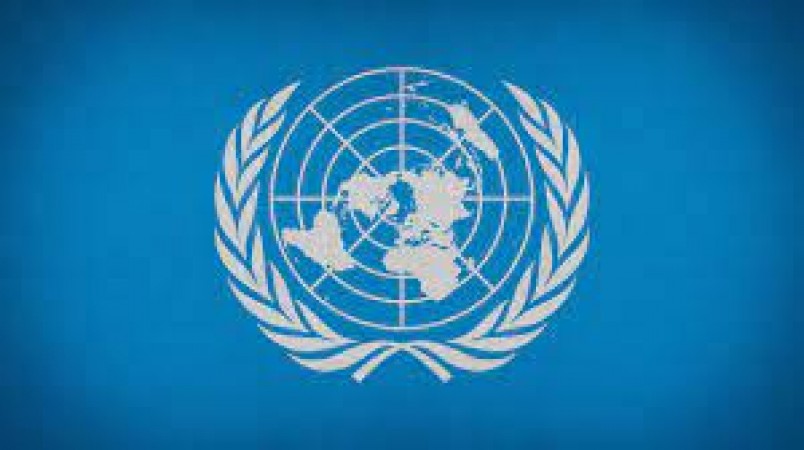
In an official statement, the UN has said that they aim in increasing the number of convoys carrying aid to parts of Ukraine that are close to the frontlines, supporting the local volunteers and organisation.
UN humanitarian coordination office, OCHA said in a press release that a seven-truck convoy had reached Vovchansk in the Kharkiv region which is just five kilometers away from the Russian border.
“This community has been heavily impacted by months of hostilities and the 4,500 people who remain there depend on humanitarian aid to meet their needs,” the statement said.
The convoy will supply hygiene kits, blankets, solar lamps, sleeping bags, and emergency shelter kits to more than 1000 families, provided by the UN refugee agency UNHCR, the International Organisation for Migration, and the UN children’s fund UNICEF. World food program will also participate in the convoy and conduct a rapid assessment of markets in the areas.
Black Sea Grain Initiative, the UN-brokered was signed last July along with a Memorandum of Understanding (MOU) aiming at supplying markets with food and fertilizers amid the global shortages and rising prices exacerbated by the Ukraine War, allowing 17.8 million tones to reach millions in need worldwide.
In December, exports through Ukraine’s Black Sea ports rose 3.7 million metric tonnes, up from 2.6 million in November, and in just the last two weeks, nearly 1.2 million metric tonnes have left the port.
The critical food supplies, mostly from the farms in Ukraine heavily disrupted by the continued aggression in the wake of Russia’s full-scale invasion last year, which has reached 43 countries since August. More than 40% of them are low and middle-income nations, this initiative Joint Coordination Centre (JCC) said in a note on Wednesday.
“However, unfavorable weather conditions both in Odesa ports as well as in Turkish inspection areas have curbed some movements in the last week”, the JCC said.
The JCC team, which includes officials from the UN, Russia, Turkey, and Ukraine, has enabled more than 1,300 voyages so far. Nearly 44 percent of the wheat exported has been shipped to low and lower-middle-income countries and 64% to developing economies, the JCC reported.
China has led the way in terms of receiving exports through the grain deal mechanism, based in Turkey’s largest city - the gateway to Asia and Europe, Istanbul. Spain has been the second most common destination, with Turkey itself, third.
The UN’s World Food Programme bought eight percent of the total wheat exported thanks to the deal last year, in support of its humanitarian operations in hunger-struck places around the world.
“Currently, there are more than 100 vessels in Turkish territorial waters connected to the Initiative, 32 are waiting for inspection, while the rest have applied to participate in the Initiative”, said the JCC.
Facilitations of safe navigation for exports of fertilizers, including ammonia, are also a call for the initiative. Negotiations are also going on to get ammonia through the Togliatti/Yuznhy pipelines.
“However, the shipment of ammonia from the Ukrainian ports has not yet begun. Ammonia, a key ingredient in fertilizer production, is urgently needed on the market to bring these prices down and make it more affordable.”
Davos 2023: Raghuram Rajan says Indian banks on aggressive retail bet
Our dependence on fossil fuels must end, the UN chief tells the World Economic Forum
S Jaishankar will pay a visit to Sri Lanka